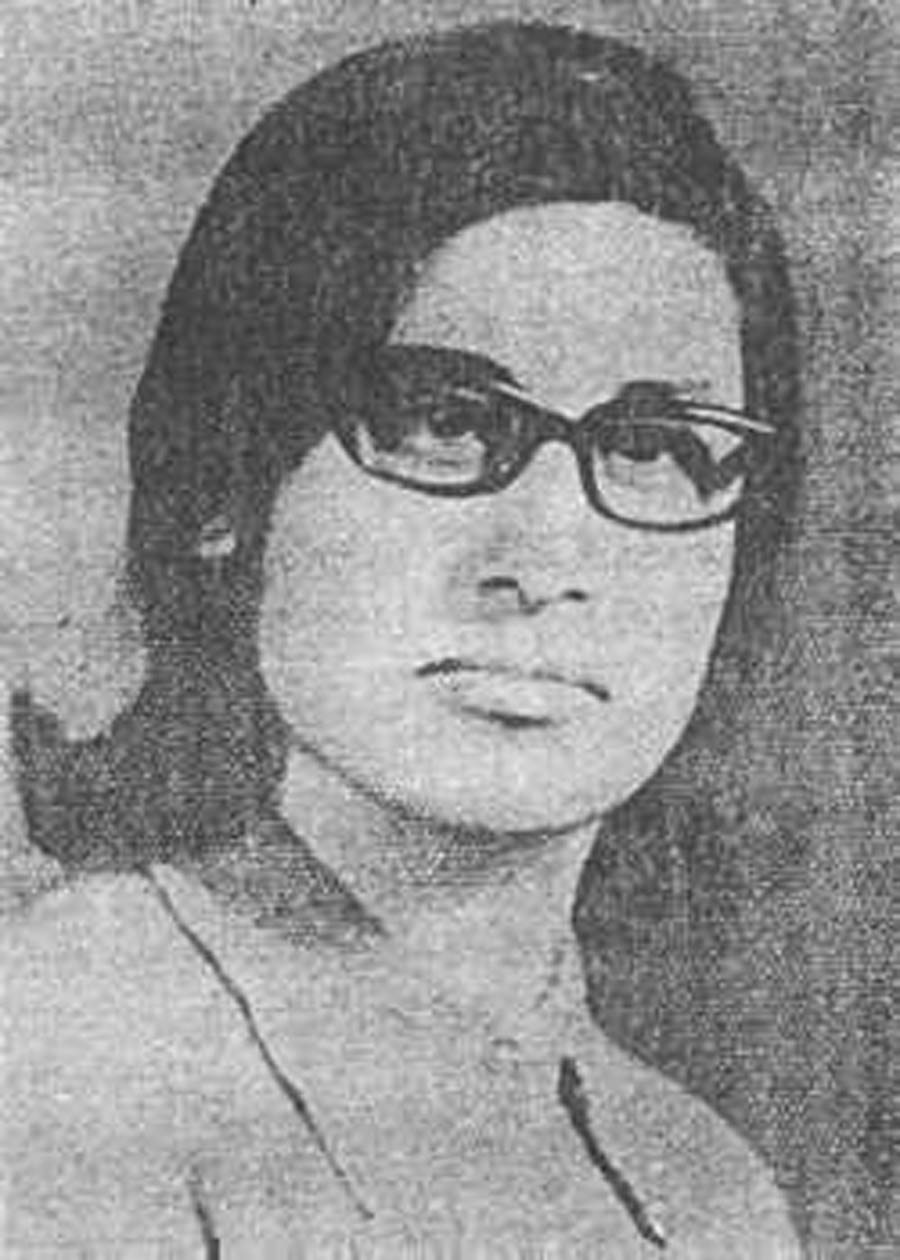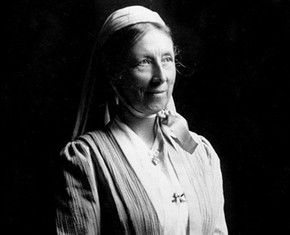The views expressed in our content reflect individual perspectives and do not represent the authoritative views of the Baha'i Faith.
Ten women were asked in turn “Do you recant? Will you denounce the despised Baha’i Faith and embrace Islam?”
One by one they refused. One by one a noose was placed around each neck. One by one the executioner let go of the rope. One by one, they were hanged.
I may not know the exact words posed to them, but the gist is correct. Ten Baha’i women, all sentenced to death, all refusing basically the same offer at their trials and again, at the critical and decisive moment, choosing death over denial of faith. The eldest was 57; the youngest, a mere 17 years old.
One eyewitness recalled:
We tried saving their lives up to the last moment, but one by one, first the older ladies, then the young girls, were hanged while the others were forced to watch, it being hoped that this might induce them to recant their belief. We even urged them to say they were not Baha’is, but not one of them agreed; they preferred the execution. – Persecution of the Baha’i Community of Iran, 1983-1986, compiled on behalf of the Universal House of Justice, in Baha’i World, Volume 19, p. 181.
June 18, 2017 marks the 34th anniversary of this difficult-to-wrap-your-mind-around event.
This subject affects me deeply, not only because I myself am a Baha’i, but because as an actress, I portrayed people involved in this tragedy in Ann Boyles’ play, When the Moment Comes, in New York City, Los Angeles, and San Diego, California. That made the reality of their situation all the more real for me. I also met and became friendly with Ruhi Jahanpour, a young woman who escaped Iran following her own release from prison, and whose mother I portrayed in 1992 at the Baha’i World Congress in New York City.
During a scene change, I dropped the robe I wore as Mrs. Jahanpour in the scene where the Revolutionary Guards burst in and arrested my child and her friend. I donned a head scarf, grabbed a rifle, and morphed into the guard who threw Ruhi into her jail cell. After the latter scene one of my fellow actors, Randy Dobbs, stood waiting for me just behind the curtain to allow me to bury my face in his chest to smother the sound of my sobs.

Tuba Zairpour
In California our director honored me with the role of Tuba Zairpour, a middle-aged woman who became a mother figure to the other Baha’i prisoners. At one point in the script, Tuba is seen being forced to walk on severely injured feet after her soles had been bastinadoed—beaten with a stick—for three days in a row. After one performance a reporter from Voice of America tried to do an interview with us but kept getting tongue-tied. He finally asked, “Please, can you cover your feet?” “Oh, it’s only lipstick, eye shadow and a few other types of make-up,” I assured him. That didn’t help. Obviously, the play had seemed real to him. I got a cloth to hide my feet from his sight and he was finally able to start the interview.
The plight of these women became personal for me. Their faith inspired me, and still does, every day. They understood that these words refer to the soul rather than the body:
My love is My stronghold; he that entereth therein is safe and secure, and he that turneth away shall surely stray and perish. – Baha’u’llah, The Hidden Words, p. 5.
Their love for the Baha’i principles and for Baha’u’llah gave them to strength to withstand their tortures, emotional and intellectual as well as physical.
Most people who learn their stories marvel that rather than feeling fearful or terrorized, they welcomed their imminent demise with a sense of joy. Ruhi recalled:
Who can say why, but I was released. And I never saw my beloved friends again. But I heard about them. Ten of them were hanged together. Do you think they were sad, the day they were taken to be executed? Were they crying? No! They were singing in the bus all the way to the place of the execution! The bus driver couldn’t believe it; he asked them, “Do you know where I am taking you?” Their reply: “Yes, that is why we are so happy!” They must have been “gazing on the face of the Beloved” and have forgotten all else. – Ruhi Jahanpour, in Ann Boyles’ When the Moment Comes, pp. 52-53.
From time to time I try to honor their memories with programs that introduce them to others. Now I am setting their stories down in writing to offer you the opportunity to know and pay homage to them, as well.
In the remaining essays in this series, we’ll begin with the eldest and end with the young woman who was not yet out of her teens.
















Comments
Sign in or create an account
Continue with Googleor